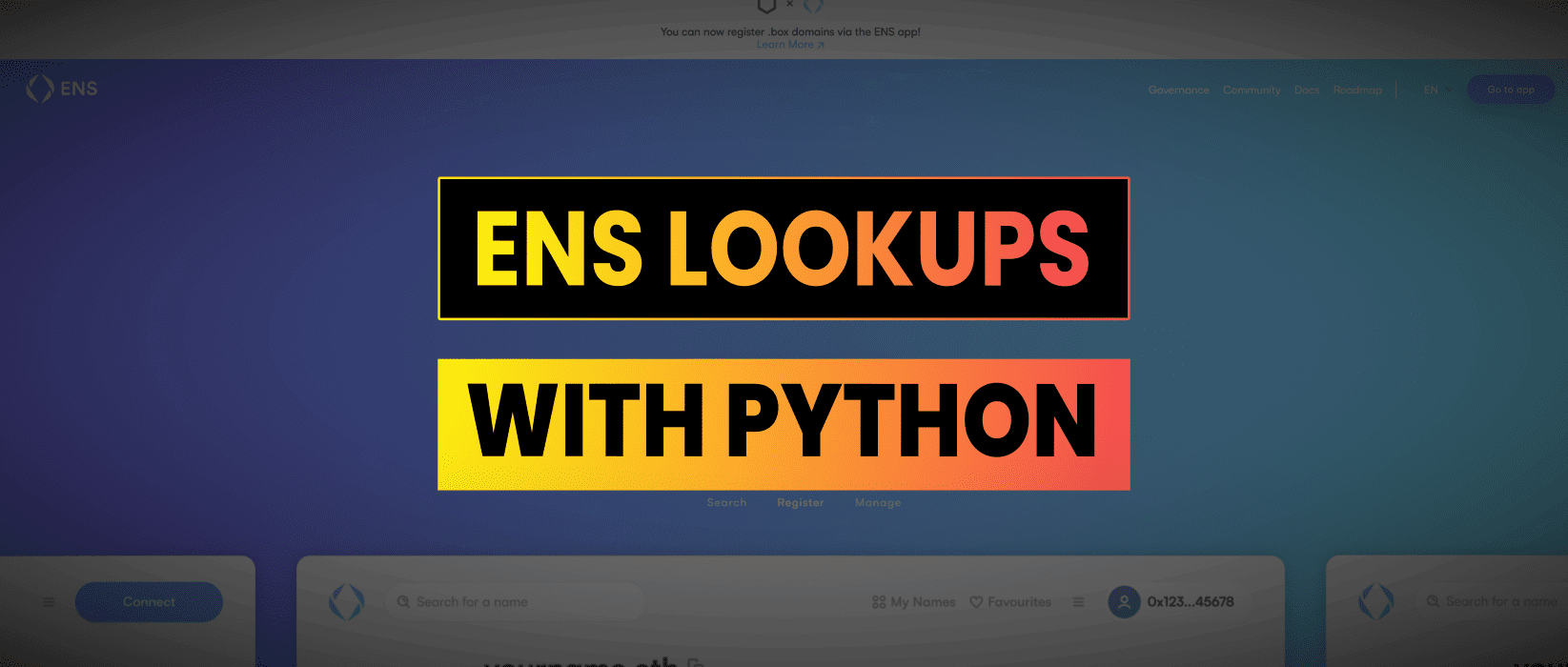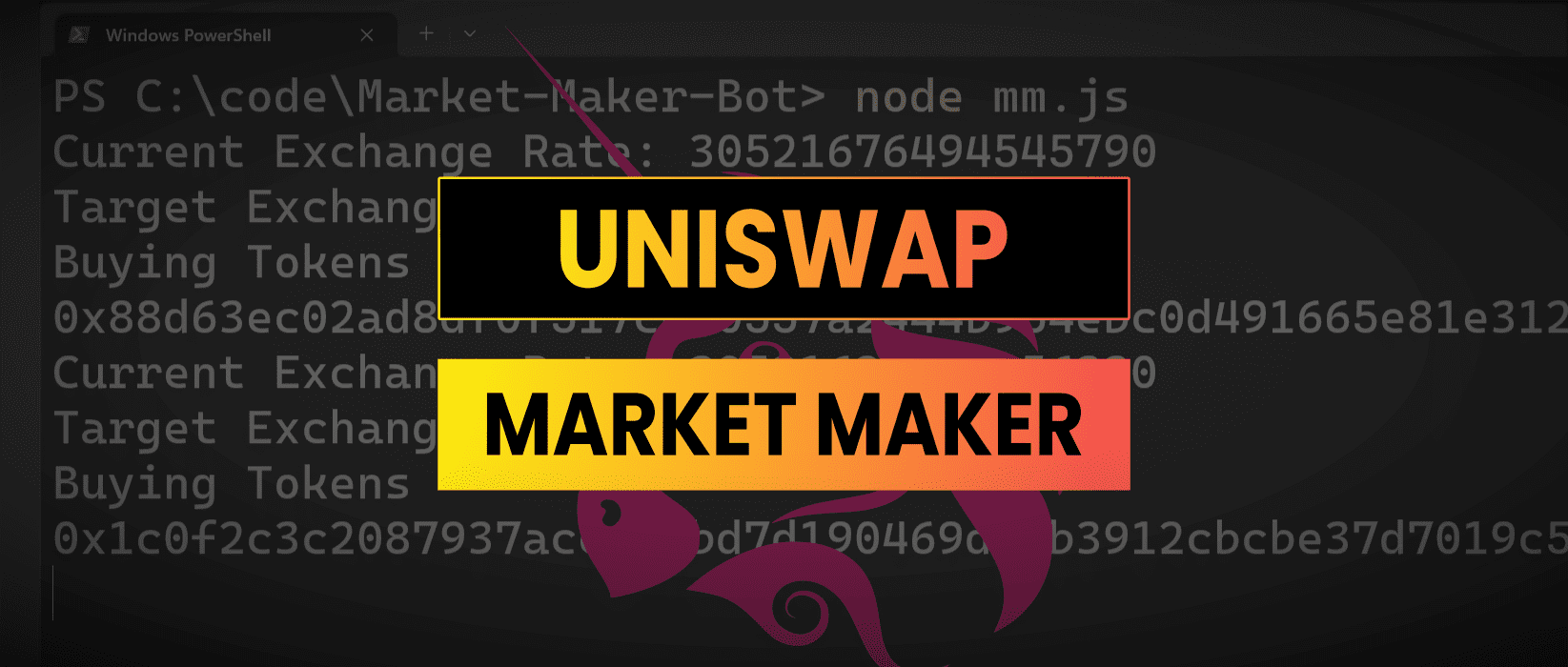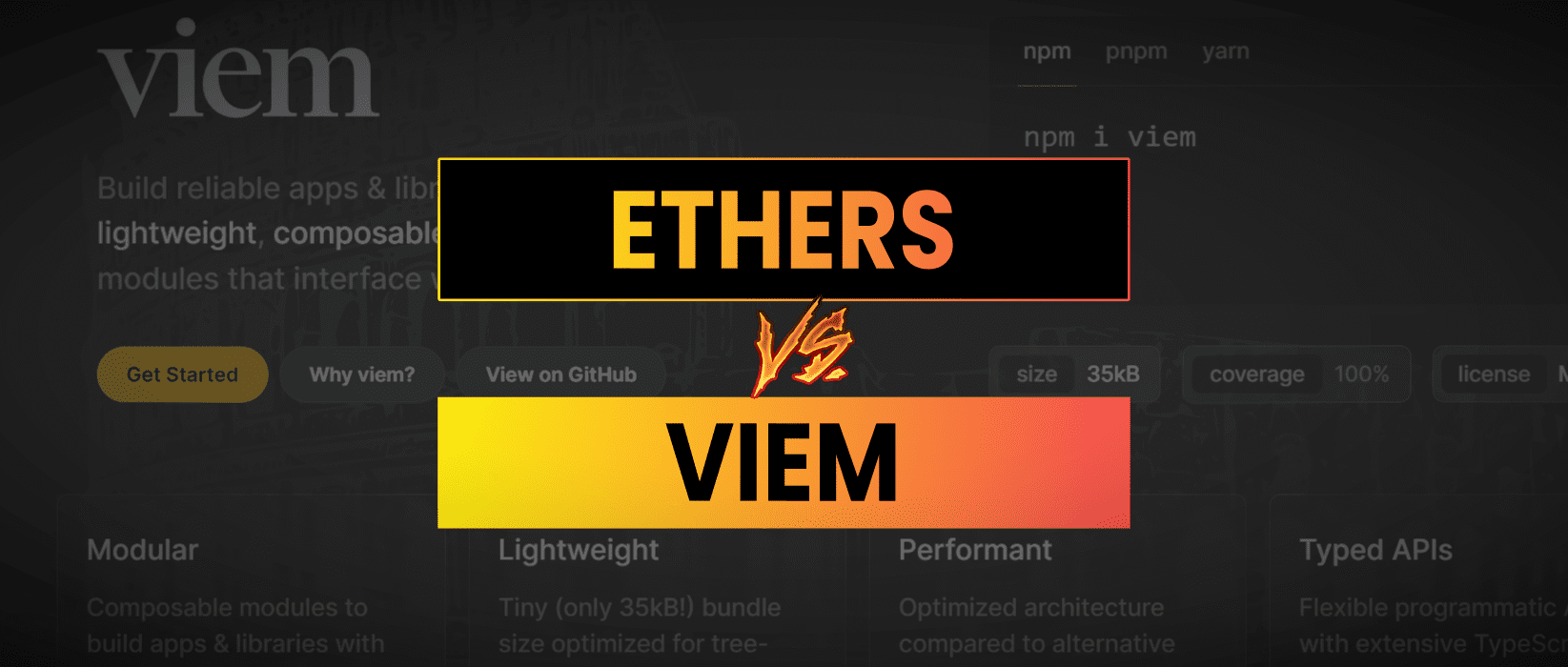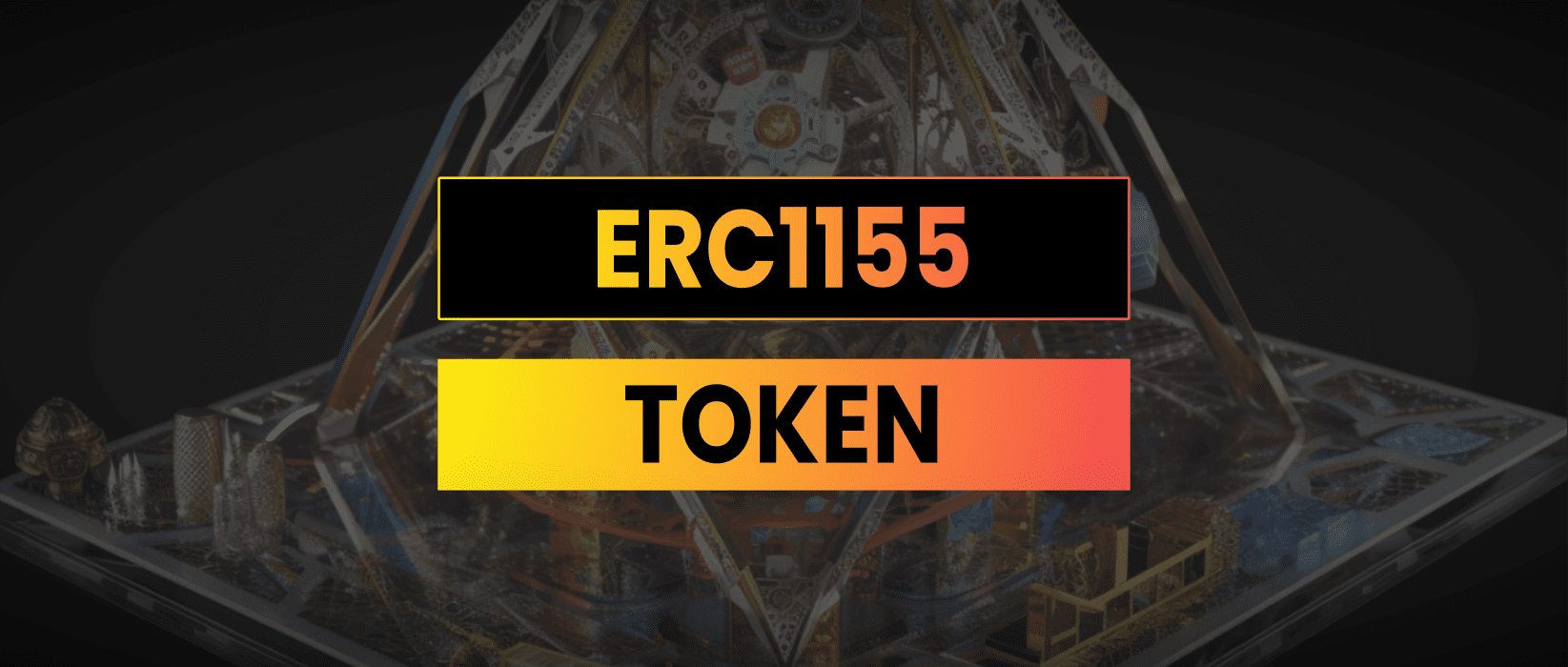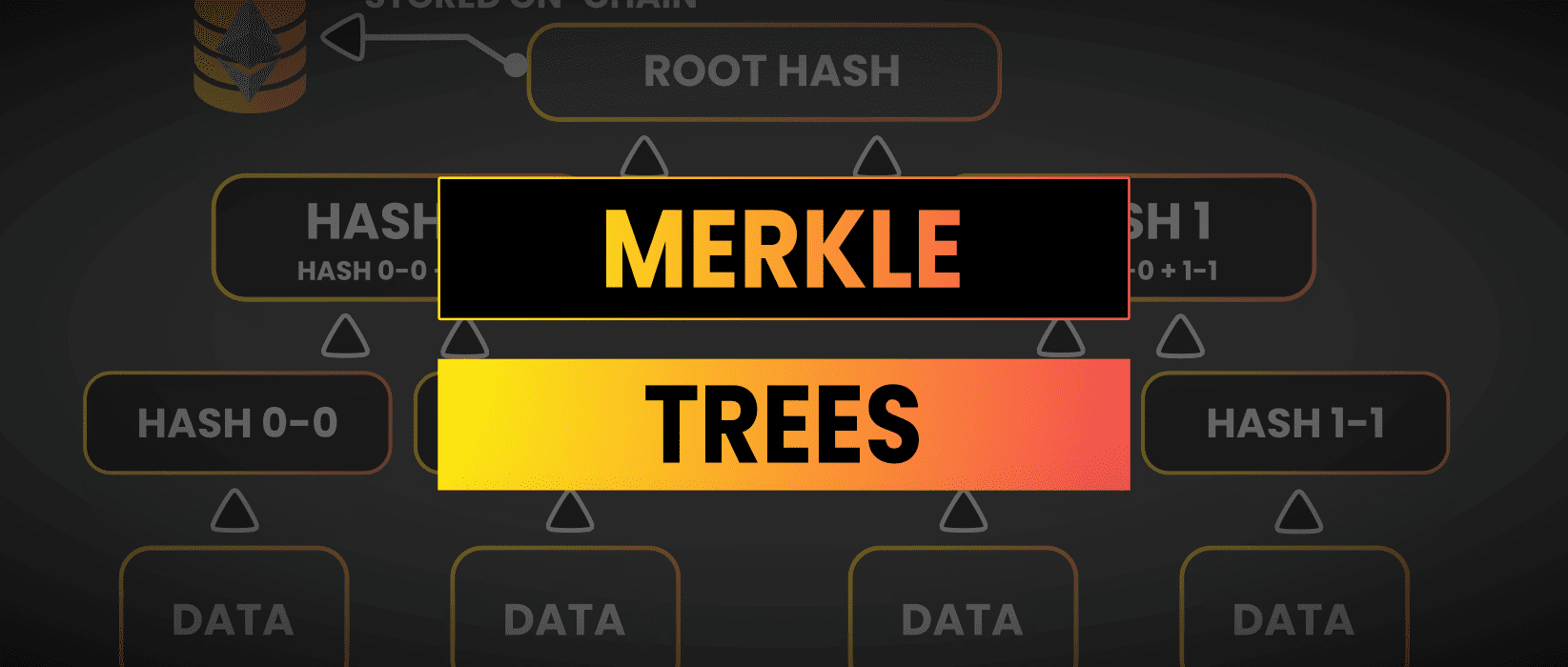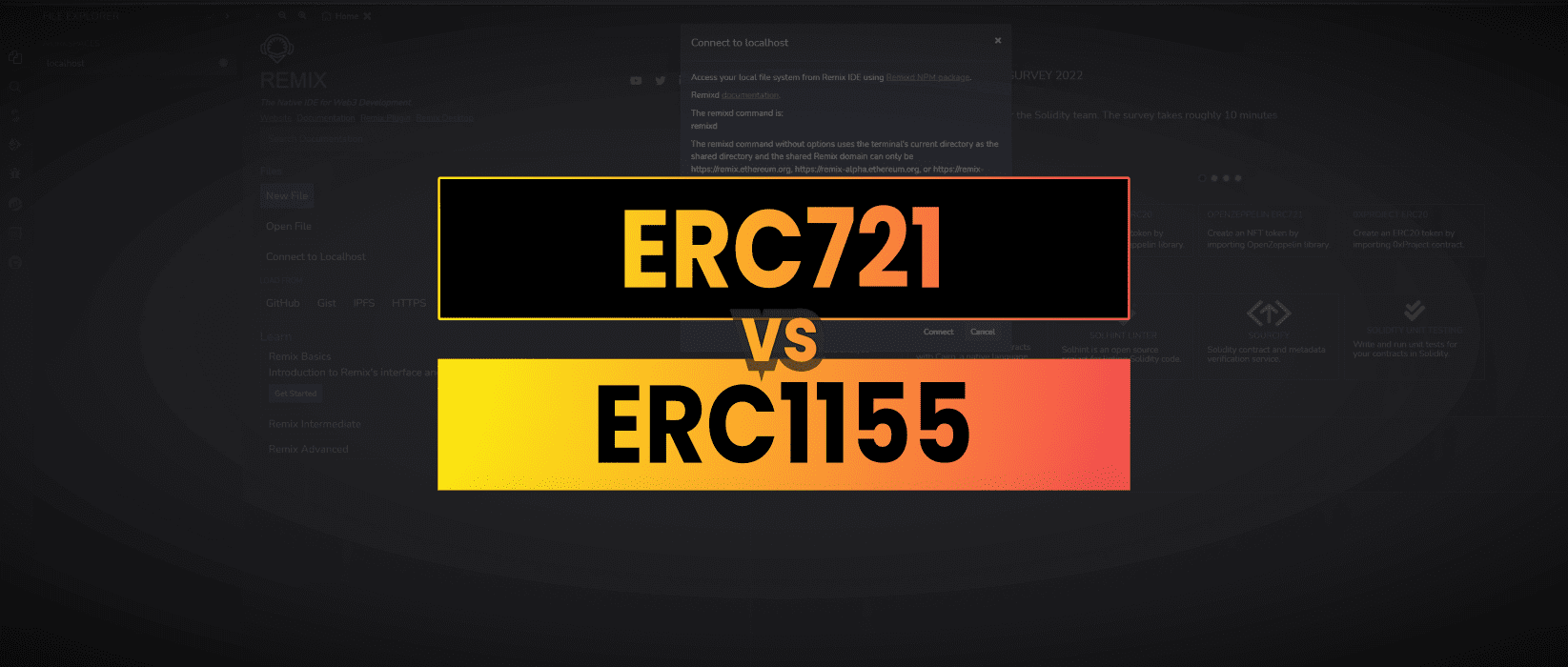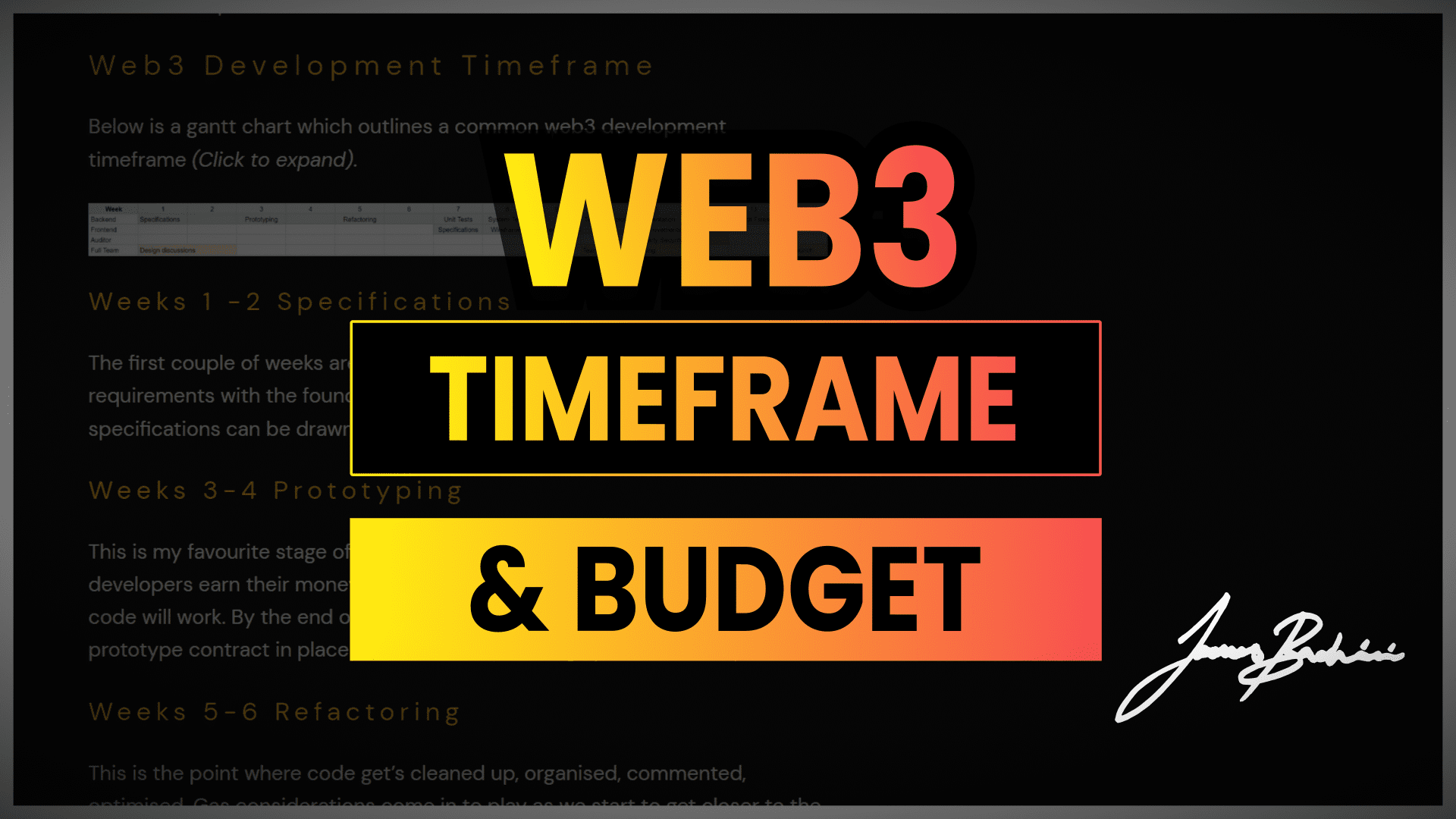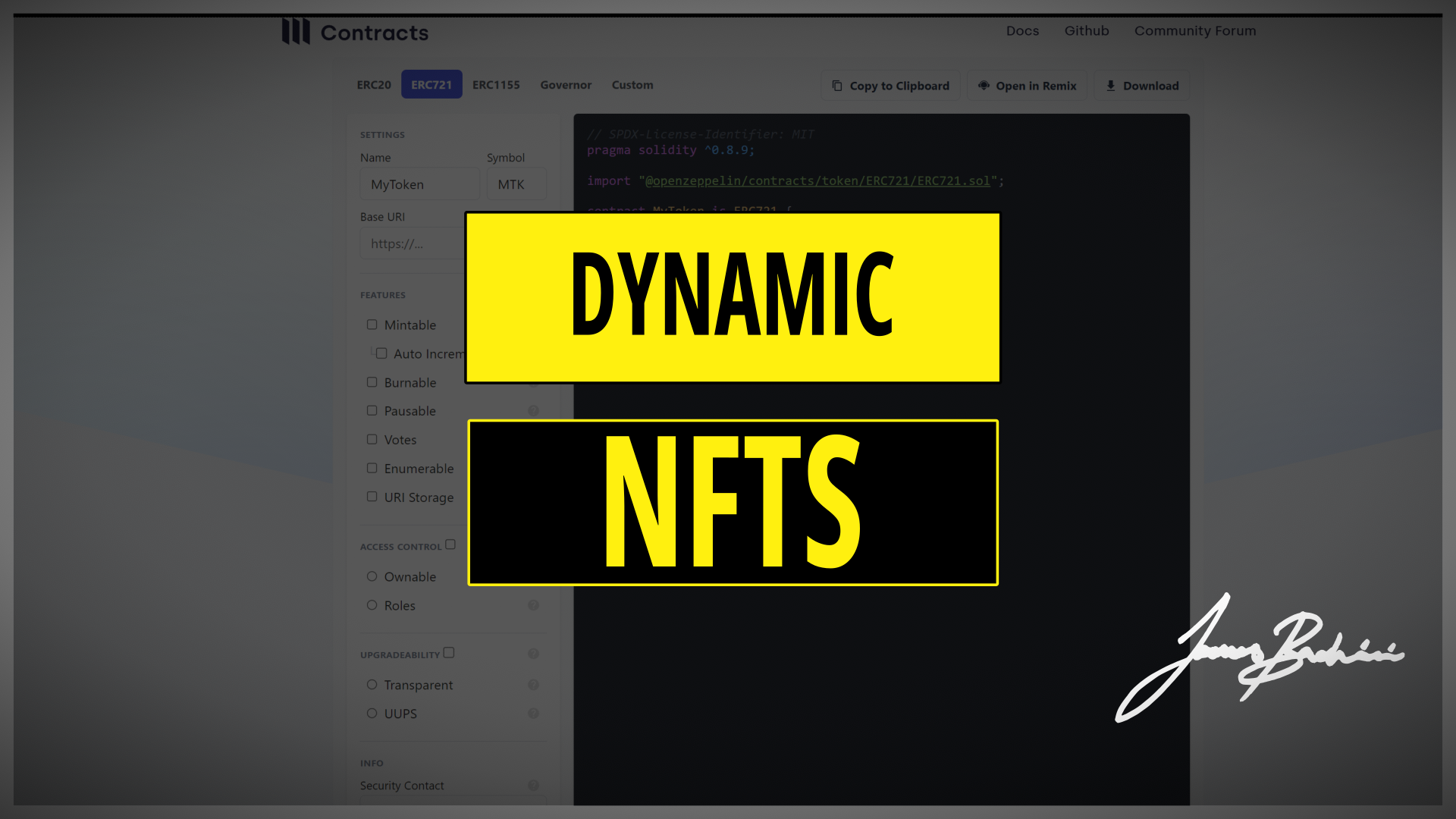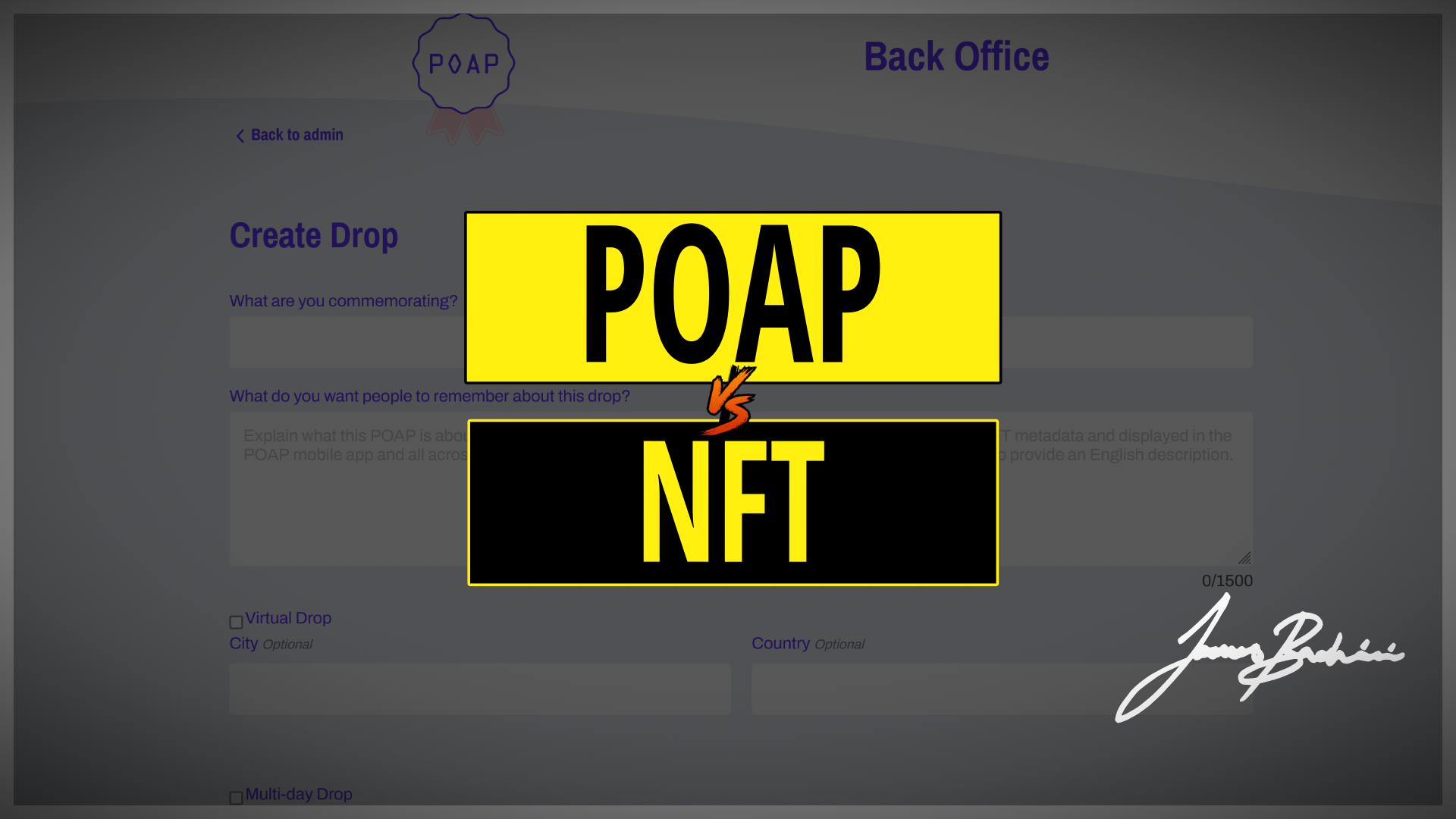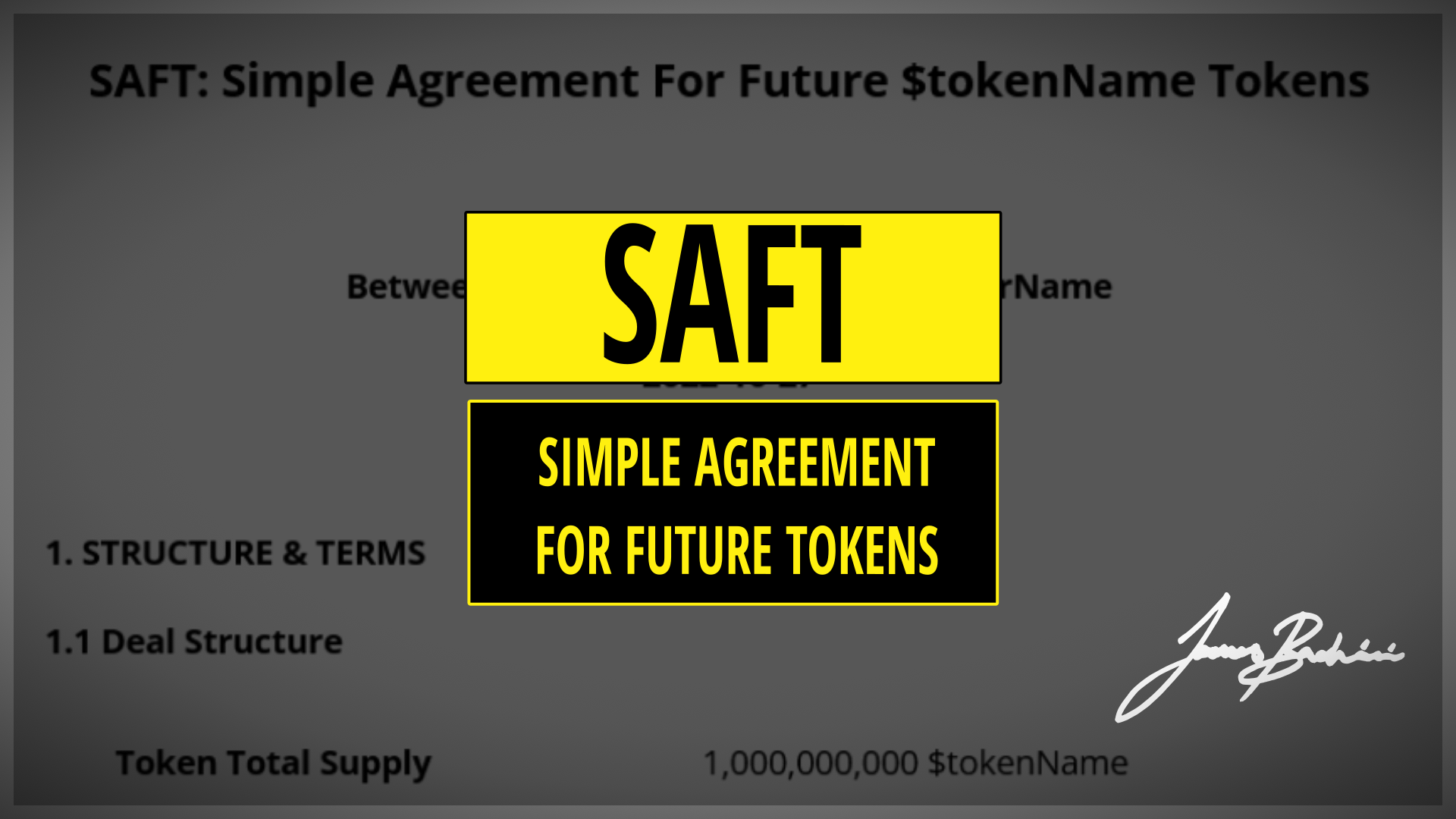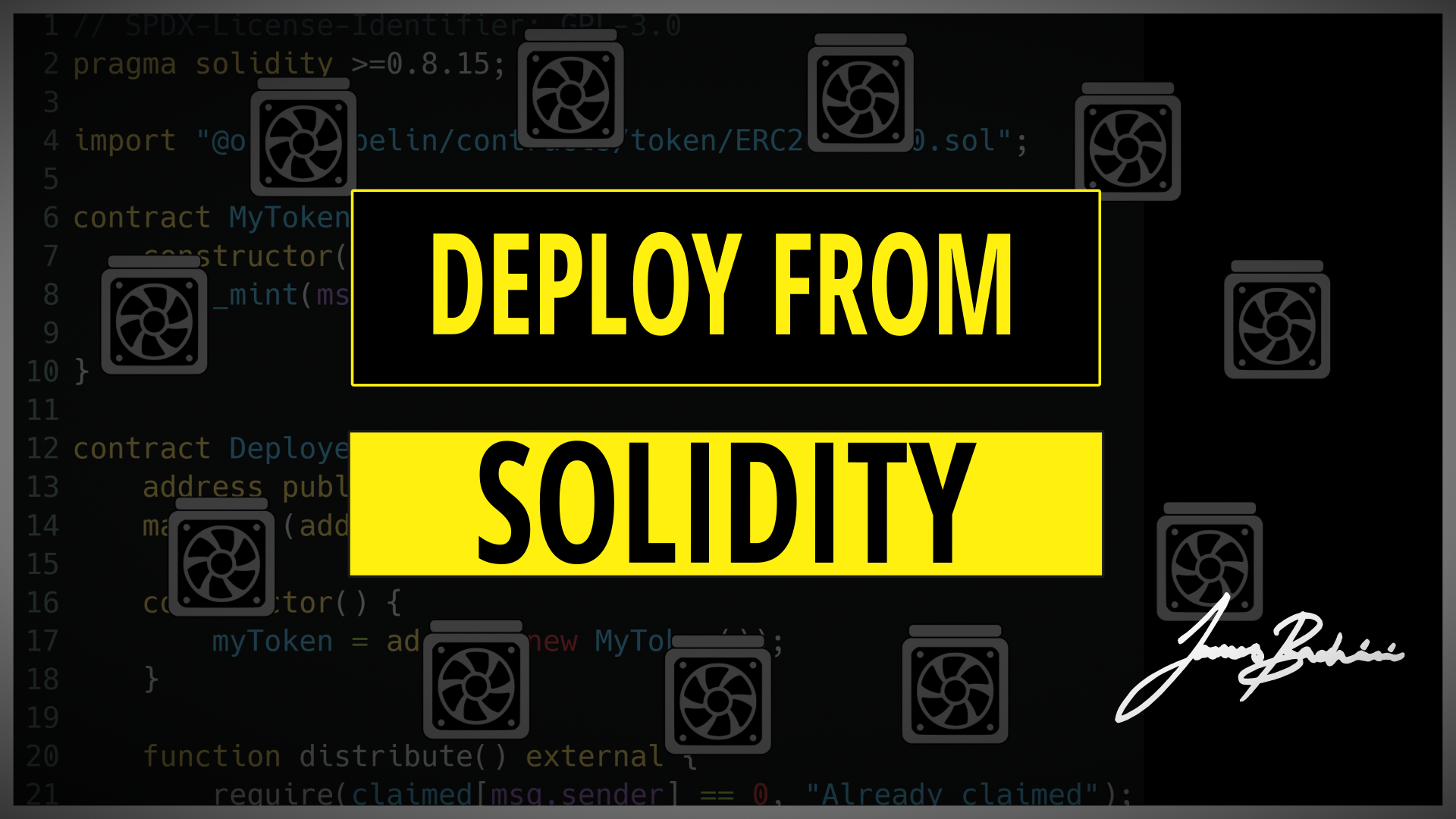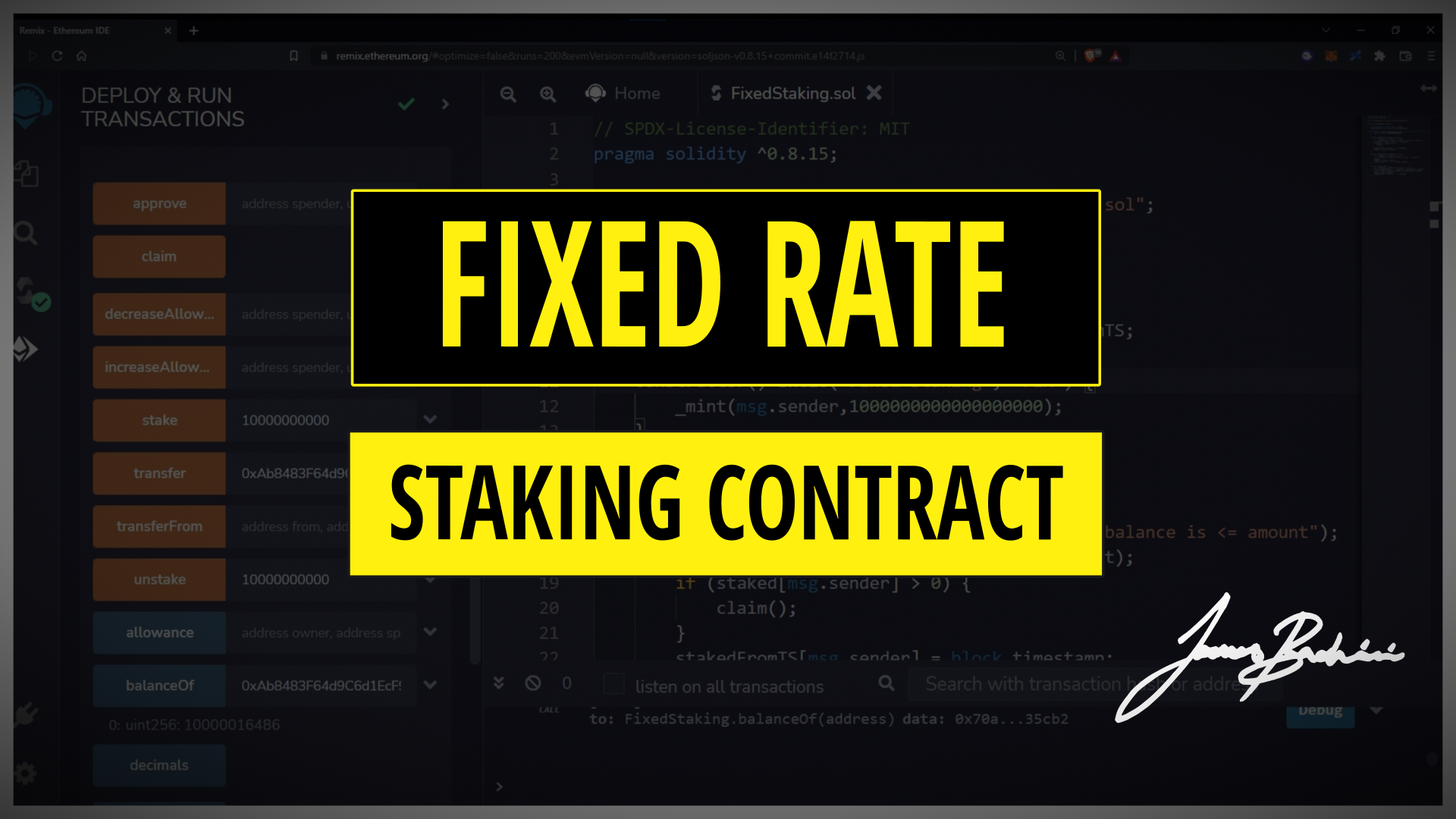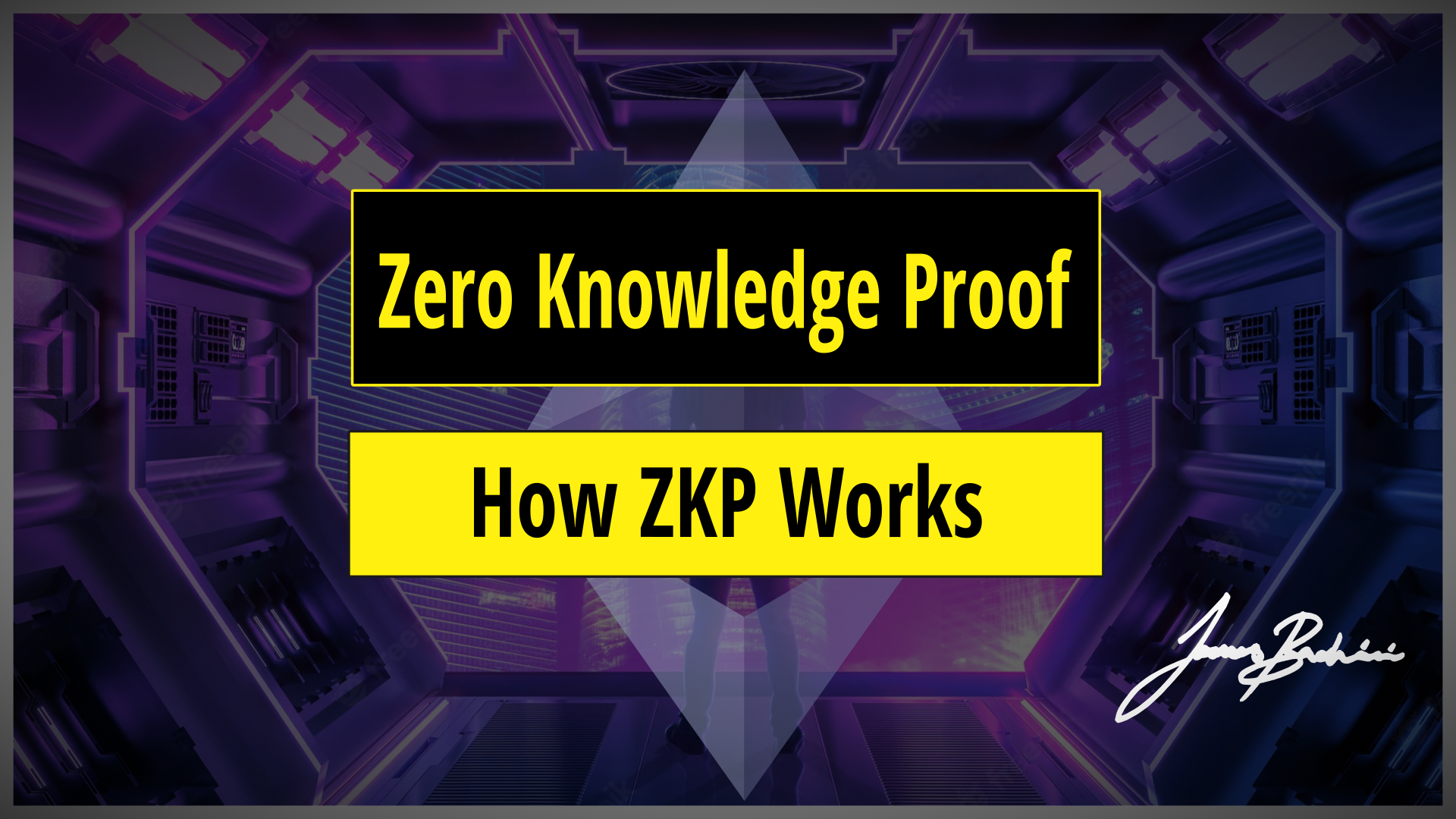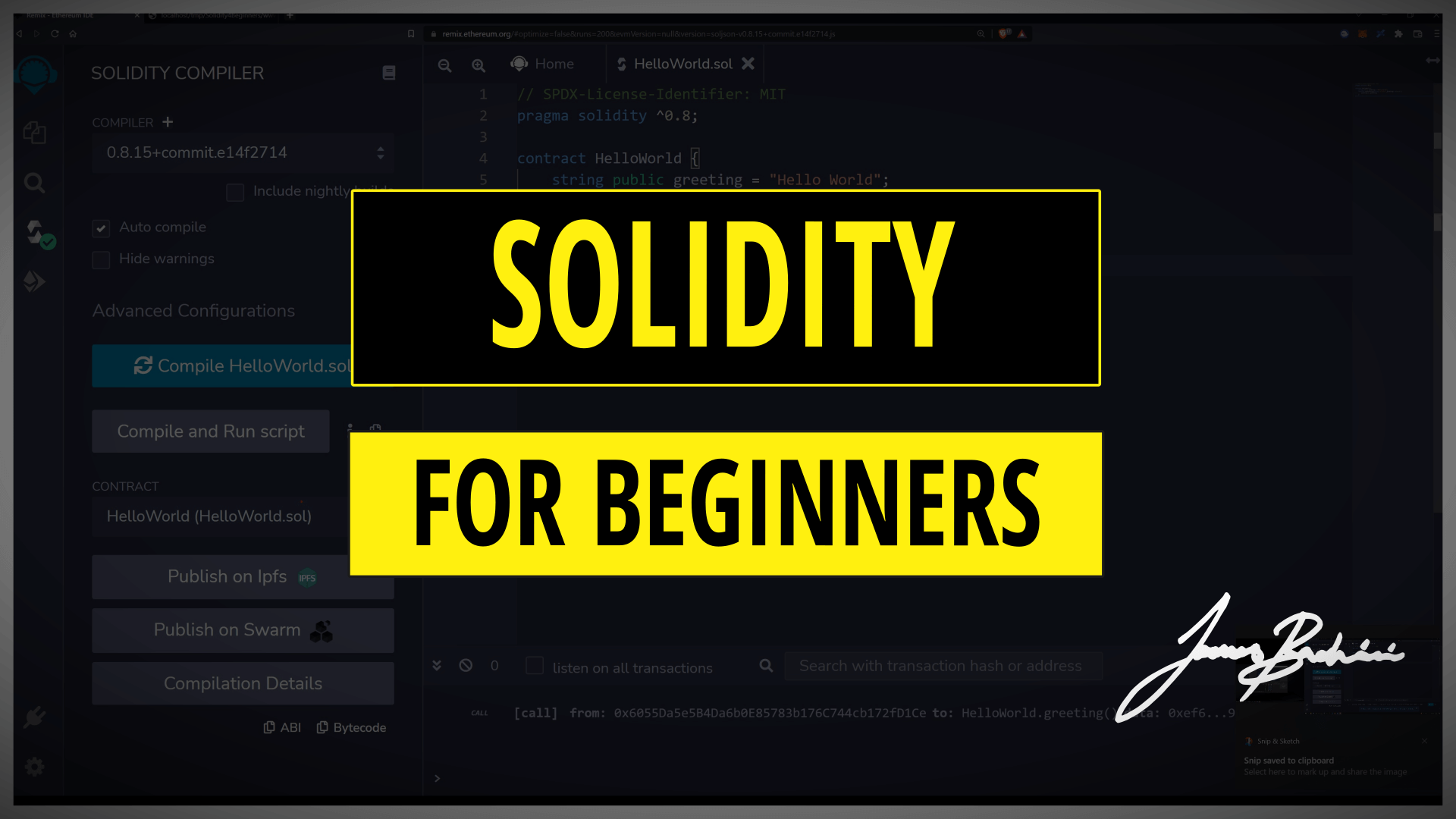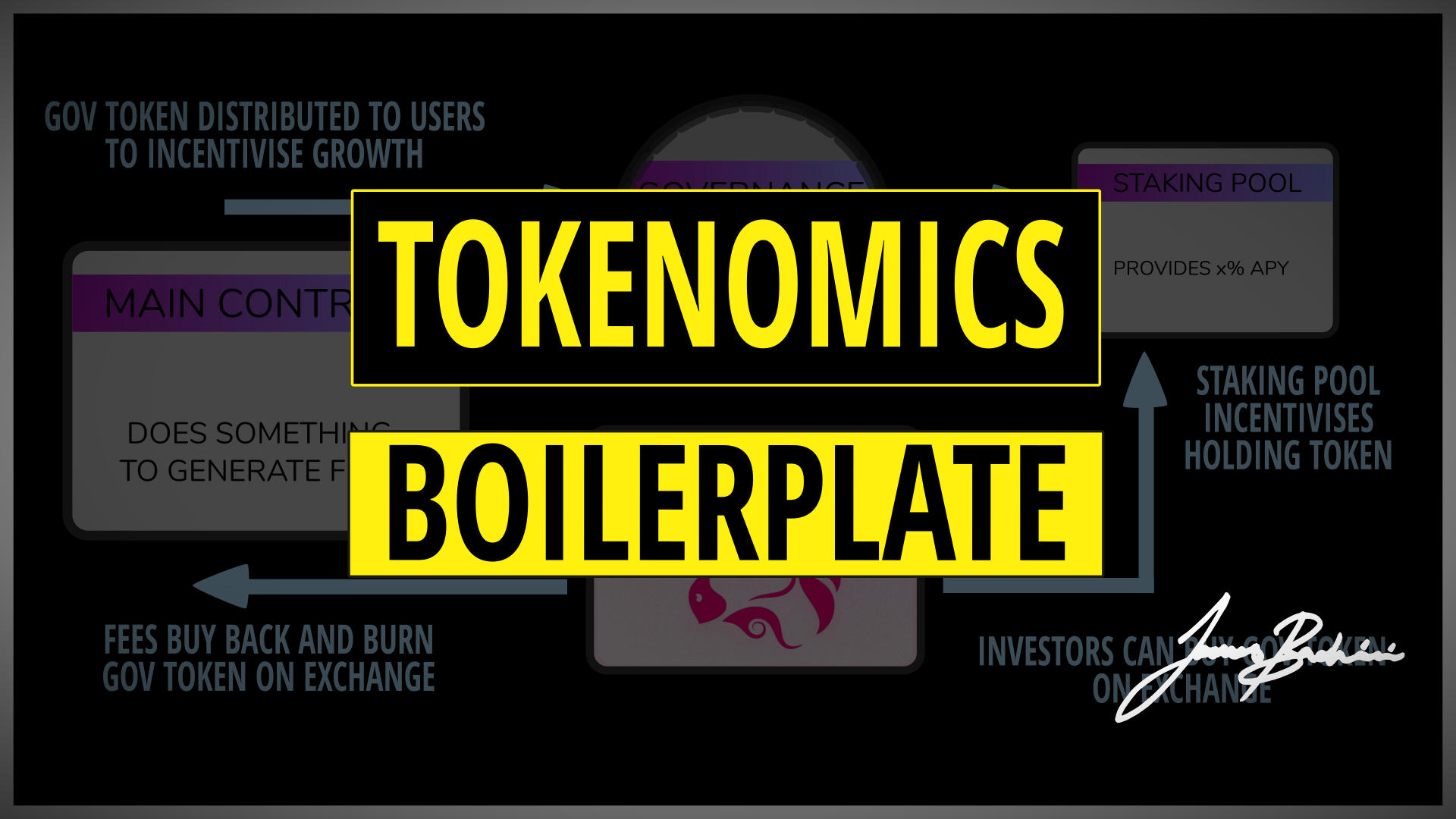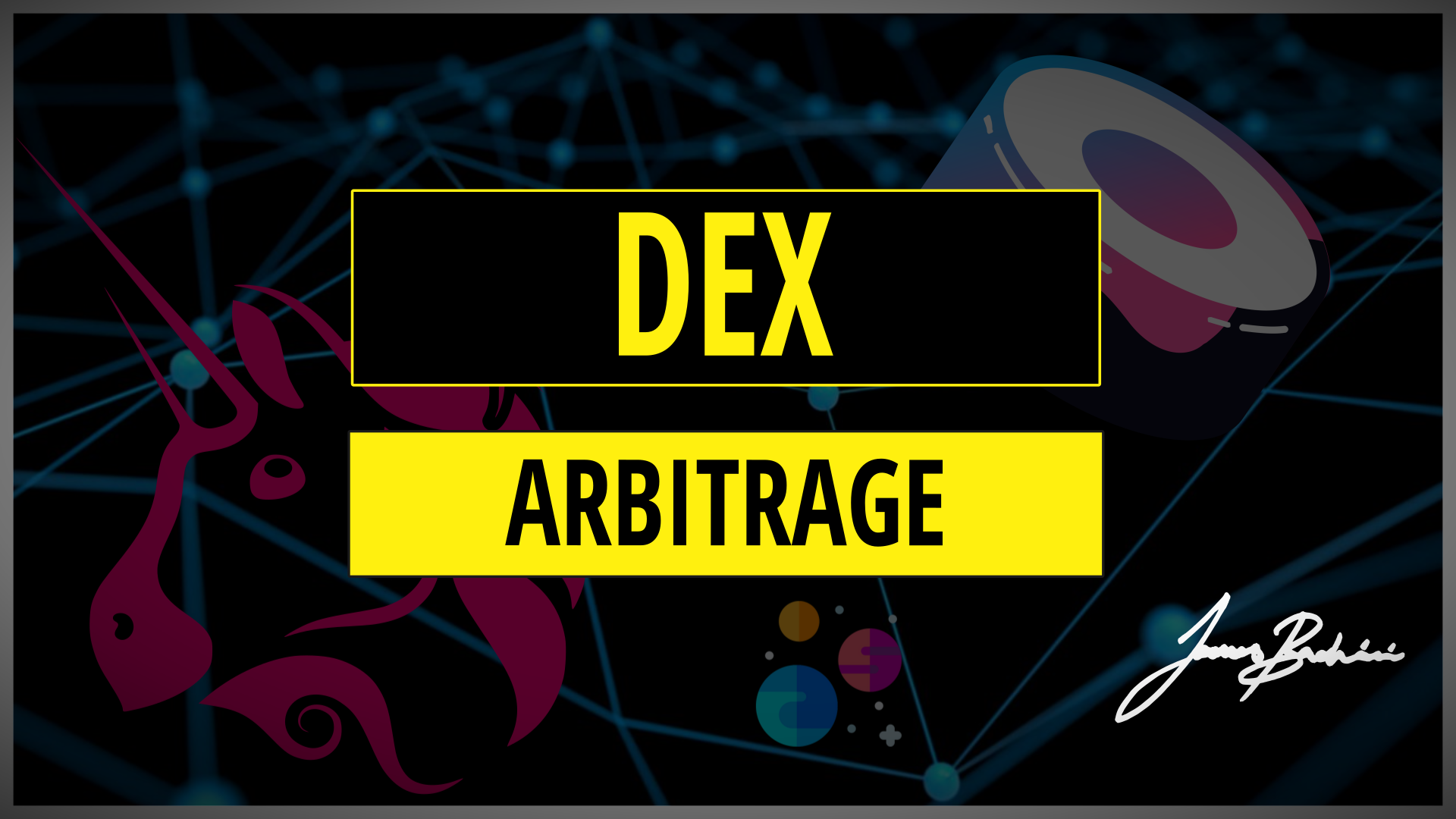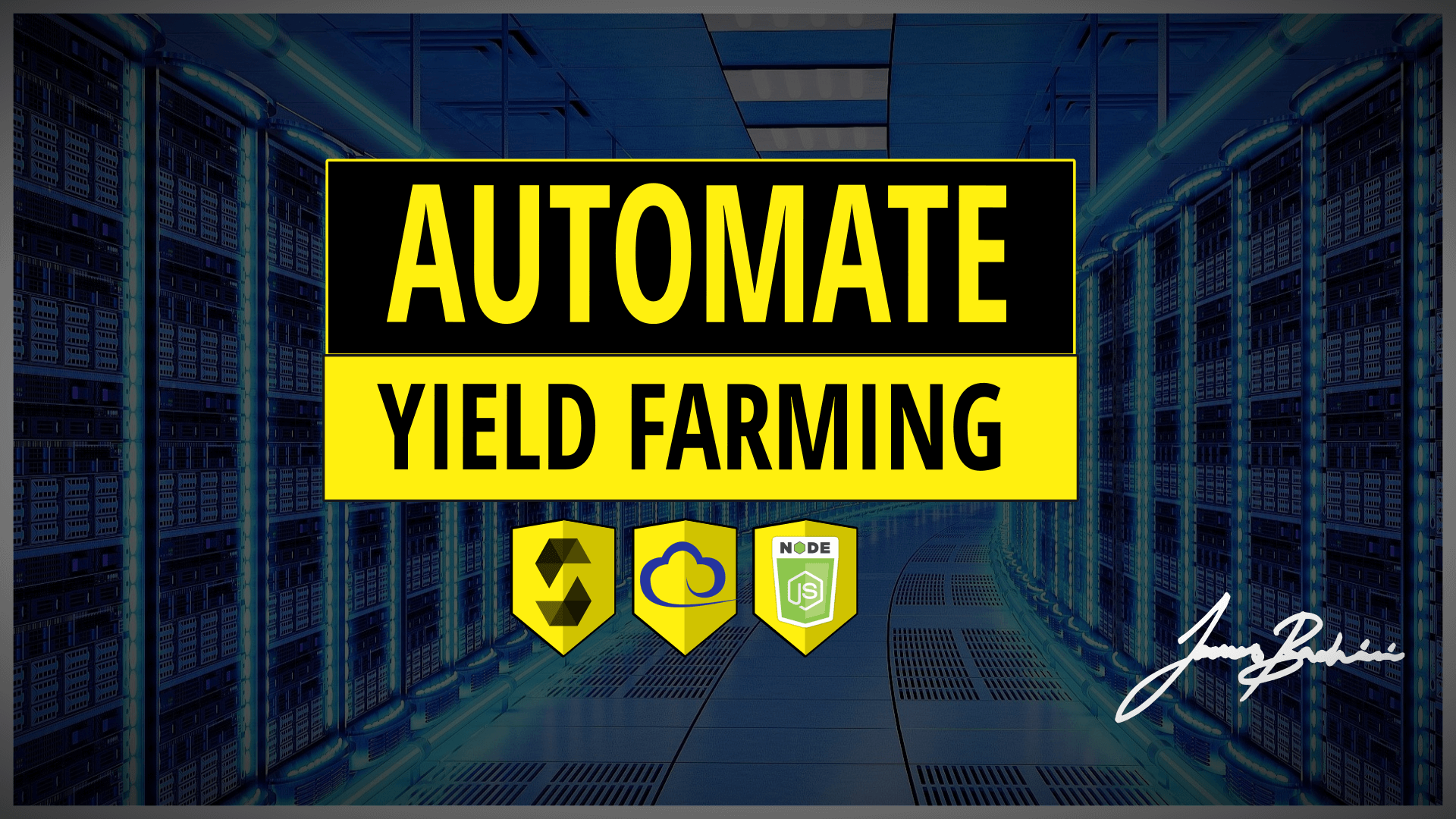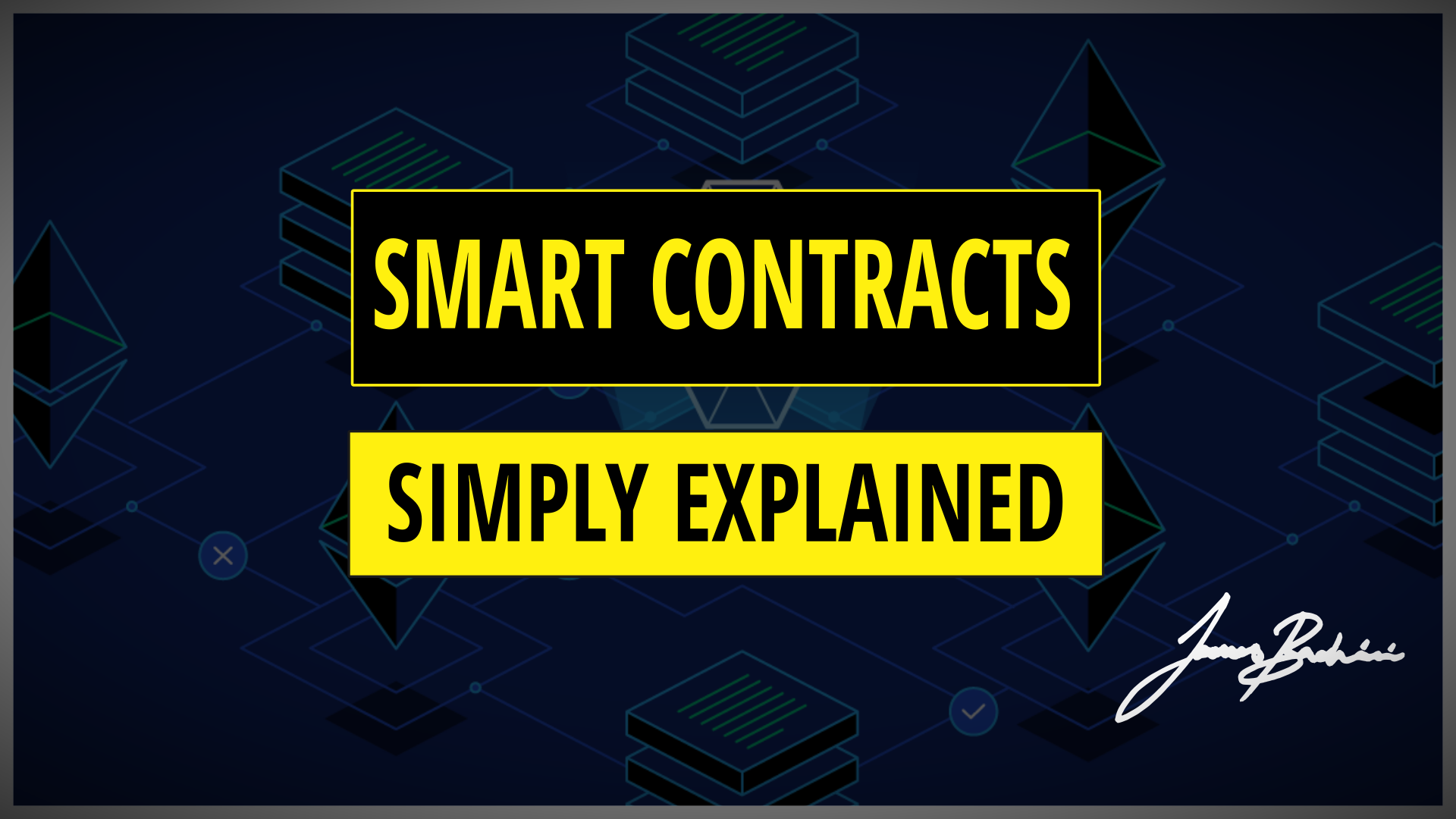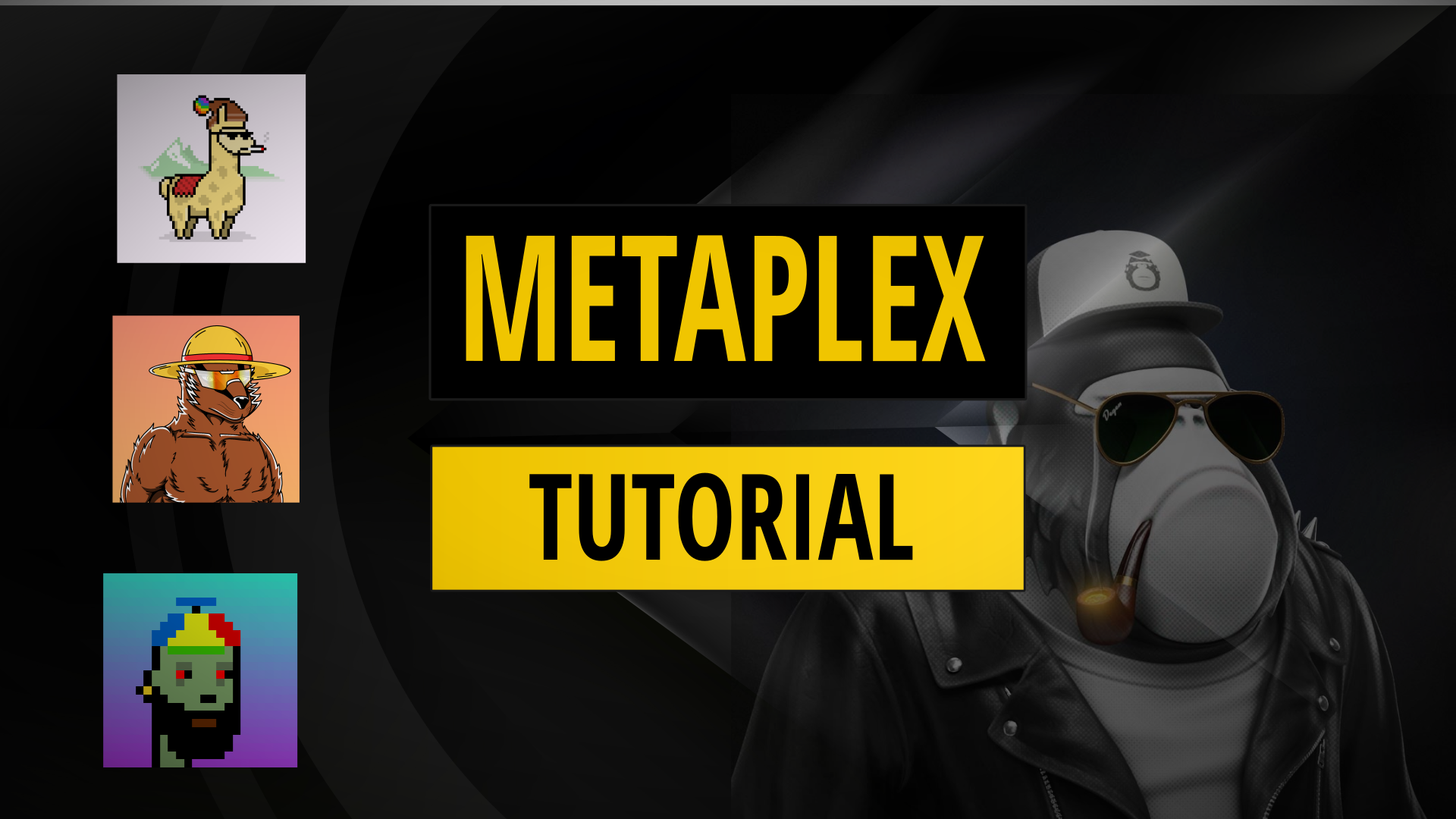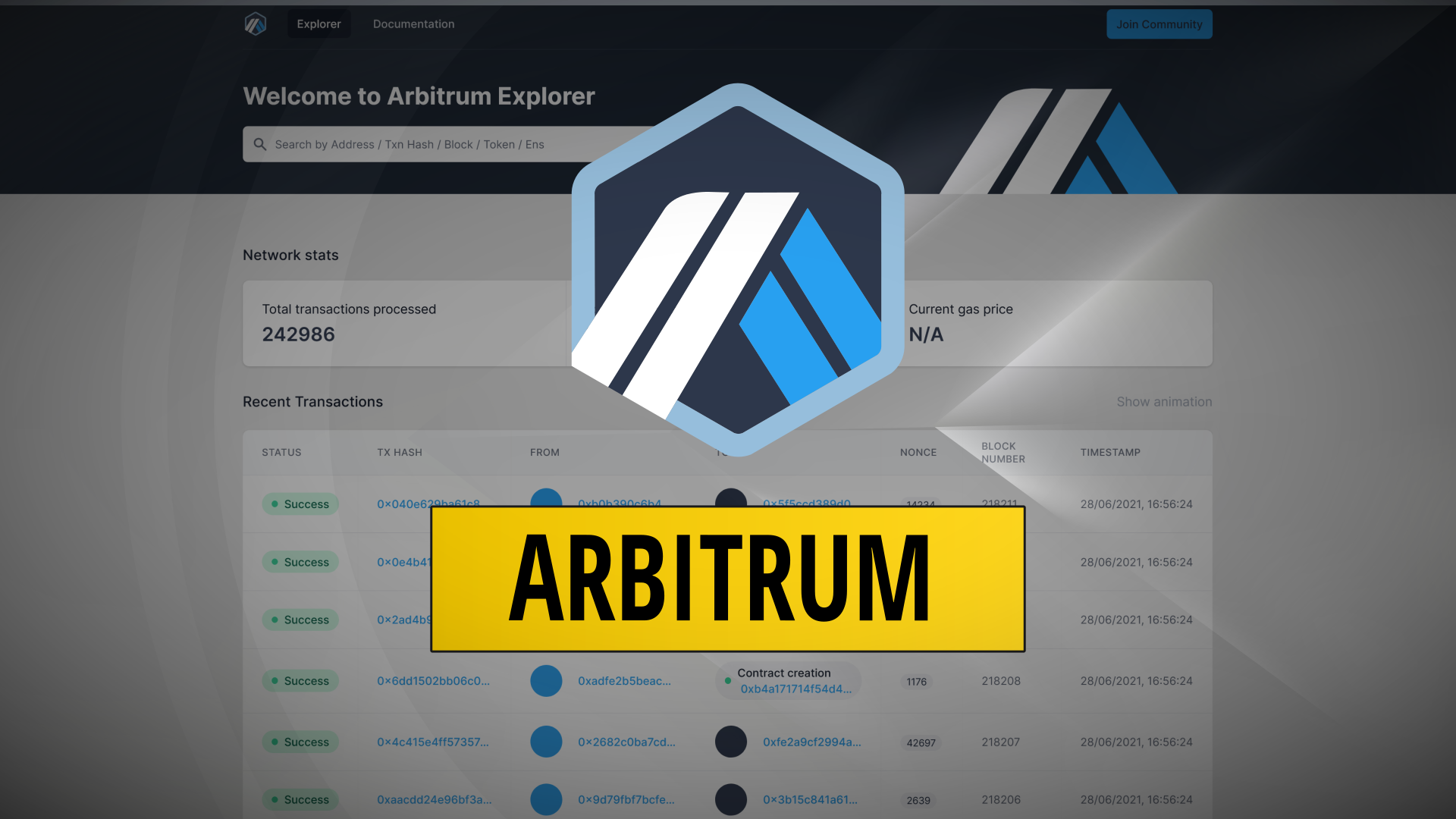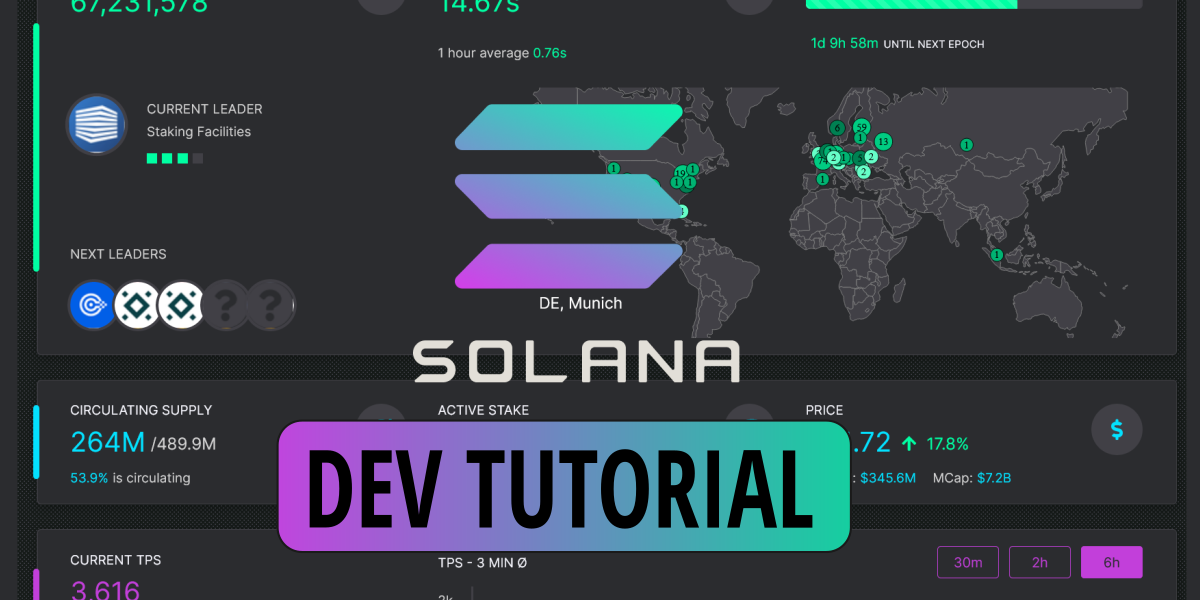Smart Contracts
-

DeFi Analysis With Rust
In this tutorial I’m going to provide some code and show you how to monitor the number of depositors to Eigenlayer over the last 24 hours. We will be using Rust with the Tokio and Ethers libraries along with the Infura API which you can get a free key from here. The first thing we…
-

How To Lookup An ENS Name In Python
To check a wallet token balance on the Ethereum blockchain using Python you will need the following: Once we have our API key ready and Python installed we can install web3.py using the following command Now let’s create a file called enslookup.py and add the following code. Enter your Infura API key on line 5.…
-

Radix DLT | DeFI Analysis Report
Radix is a layer one blockchain which has recently gone live on mainnet enabling developers to deploy scrypto smart contracts. In this report I’ll explore the novelties of the technology, dive into the scrypto programming language, look at the excellent developer resources, analyze the tokenomics of the native XRD token and draw a conclusion on…
-

Hardhat Solidity Tutorial
Hardhat is an extensive framework for developing, testing and deploying solidity smart contracts. In this Hardhat Solidity tutorial you will learn how to set it up, how to create hardhat unit test tricks, working with hardhat scripts and finally some Hardhat tips and tricks for Solidity developers. Hardhat Easy Setup Hardhat is built on NodeJS…
-

Hardhat vs Foundry
I started developing solidity with Truffle, then moved to Hardhat, then moved to Foundry, then moved back to Hardhat before eventually settling using both on a regular basis. In this article I’ll talk about the benefits and disadvantages of Hardhat and Foundry so you can make an informed decision about which framework is better for…
-

Solidity Tutorial | Gas Paying NFT
The challenge is to create a NFT contract that charges 1 ETH to mint but then stores the entire amount as collateral in a liquid staking token. As staking rewards come in they get distributed to the holders of the NFTs. At any time a user can burn the NFT to reclaim the 1 ETH.…
-

Chainlink CCIP | Cross-Chain Interoperability Protocol
From all the announcements at ETHcc, the release of Chainlink CCIP as a direct competitor to LayerZero for cross-chain communications and bridging technology, is perhaps the most interesting. The inherent security risks associated with bridging technology means that Chainlink are in a good position to leverage their brand and security record to gain traction in…
-

Uniswap v4 Hooks
Hooks in Uniswap v4 are external contracts that execute specific actions at certain points during the execution of a liquidity pool. These hooks provide flexibility and customization options for developers to create additional features for liquidity pools. Uniswap v4 hooks can be used to: A 3rd party developer can write a solidity hook contract with…
-

Ultimate Guide To Hire A Solidity/Web3 Developer
In this comprehensive guide, I will explore how to hire a Solidity/Web3 developer. Contractor, Partner or Employee The first thing you need to decide is whether you want to hire someone on a permanent basis or not. With Solidity development the contracts don’t tend to get updated once they are deployed so the bulk of…
-

How Wrapped Tokens Like wETH & wBTC Work
In this article we will look at how different wrapped tokens work and where the underlying collateral is stored. What Are Wrapped Tokens? Wrapped tokens are generally ERC20 tokens that represents another underlying asset, typically a cryptocurrency or real world asset. The purpose of wrapping a token is to enable its use within the DeFi…
-

3 Tips For Gas Efficient Solidity Smart Contracts
Here are 3 tips which could be considered the low hanging fruit of gas efficient solidity smart contracts. James On YouTube Watch On YouTube: https://youtu.be/xfNHzqkMWEQ |Subscribe Use Correct Modifiers & Declarations This is the simplest way to get some small wins with gas optimisation. Go through your contract and define anything that shouldn’t change as…
-

Introduction to Flash Loans | Unleashing Capital On Demand
In this tutorial on flash loans we will be creating a Solidity smart contract which takes a flash loan from Uniswap v3. This allows you to borrow huge amounts of capital with the catch that you have to pay it back in the same block or the whole transaction is reverted. James On YouTube Watch…
-

Uniswap Market Maker Bot | Managing Token Liquidity On Uniswap
In this tutorial I am going to go through how I built a market maker bot to manage liquidity on Uniswap v3 for a token pair. The idea is to create a automated trading bot which buys tokens when price falls below a base line value and sells tokens when price is above the base…
-

Ethers vs VIEM | Which Web3 Frontend Library?
Ether.js took over from Web3.js as the number one library for connecting up our dApps to smart contracts running on EVM blockchains. Recently Ethers v6 was released and VIEM is disrupting the space by offering a lightweight Ethereum client library from the authors of WAGMI react hooks. I have always been a big fan of…
-

How To Create Your Own Memecoin With Solidity and Uniswap
In this tutorial we will be creating a permissionless, ERC20 memecoin and deploying it with a Uniswap v3 liquidity pool so users can buy it on the decentralized exchange. This tutorial is for demonstration purposes, don’t speculate on memecoins. James On YouTube Watch On YouTube: https://youtu.be/-bVzqtIa0bc |Subscribe The full source code for this is at:…
-

Account Abstraction – ERC4337
ERC4337 is an Ethereum standard that achieves account abstraction on the protocol without any consensus-layer changes. Deployed on the Ethereum mainnet in March 2023, ERC4337 makes it possible to transact and create contracts in a single contract account. Account abstraction opens the door to user-friendly crypto wallet designs that could potentially facilitate broader adoption. How…
-

Solidity Callback | Solidity Tips & Examples
A callback function in Solidity allows us to pass a function reference from one contract to another and have it execute as part of an atomic transaction. James On YouTube Watch On YouTube: https://youtu.be/pjm0eOelPXc |Subscribe Let’s first take a look at an example from the Solidity Snippets Github repo. Full code at: https://github.com/jamesbachini/Solidity-Snippets/blob/main/contracts/Callback.sol This code…
-

Strings in Solidity | Solidity Tips & Examples
A string in Solidity is a data type used to store text. Working with strings in Solidity can be challenging due to the limitations and efficiency required by the Ethereum virtual machine. This article aims to provide a comprehensive guide on how to use strings in Solidity, covering their properties, limitations, and best practices for…
-

Timestamp in Solidity | Solidity Tips & Examples
A timestamp is a numerical value that represents a specific moment in time. It’s often used to track when a certain event occurred or when a piece of data was created or modified. The most common way to represent a timestamp is by using the number of seconds that have elapsed since a specific moment…
-

encodeCall in Solidity | Solidity Tips & Examples
From Solidity version 0.8.11 we can use an interface to define a function to pass to encodeCall parameters. encodeCall is a function that allows you to encode a function call with its parameters into a single byte array. This byte array can then be used to make a low-level call to another contract’s function. Here…
-

Custom Error Handling in Solidity | Solidity Tips & Examples
Custom error handling enables Solidity developers to efficiently handle reverts and failed transactions including logging parameters. Let’s first take a look at an example from the Solidity Snippets Github repo: Note that the Solidity compiler version must be greater than 0.8.4 to use custom errors. Customer errors are supported by Etherscan and most other block…
-

Solidity Libraries | Solidity Tips & Examples
A solidity library is a reusable contract that contains functions that can be called by other contracts. When you import a Solidity library into your contract, you can use the functions provided by the library. How To Import Solidity Libraries In your smart contract, you can import the library by using the import keyword followed…
-

Random Numbers in Solidity | Solidity Tips & Examples
Generating a random number in Solidity is not as straightforward as in some other programming languages, because the Ethereum blockchain is deterministic, meaning that multiple execution clients or nodes must come to the same conclusion about the state of the blockchain. For many use cases using the new prevrandao global variable provides “good enough” randomness…
-

Conditional Statements & Loops in Solidity | Solidity Tips & Examples
Conditional statements & loops in Solidity are fairly intuitive and follow the conventions of other languages such as Javascript. In this article we will go through some examples of each before looking at the relational operators we can use within these statements. if statement The “if” statement is used to execute a block of code…
-

Natspec in Solidity | Solidity Tips & Examples
Natspec comments are important for Solidity developers to understand because sooner or later you will come across a code base that requires you work with them. Proponents will say Natspec makes the code more readable and understandable. While I personally disagree with this and prefer to separate code and documentation, the format is popular and…
-

ERC1155 Token Contract | Solidity Tips & Examples
ERC1155 offers a more flexible and efficient way of managing fungible and non-fungible tokens, making it an attractive option for developers who want to create complex digital assets with multiple use cases. In this blog post, we’ll dive into the details of ERC1155 and explore why it’s becoming a preferred choice for Solidity developers looking…
-

ERC721 Token Contract | Solidity Tips & Examples
The ERC721 Token contract is the original industry standard for NFTs (Non-fungible tokens). In this article we will look at a simple example and talk about some of the best practices around building ERC721 Tokens. James On YouTube Watch On YouTube: https://youtu.be/B64VBGt3tMU |Subscribe Why Use ERC721 Token ERC721 is a standard interface for NFTs on…
-

ERC20 Token Contract | Solidity Tips & Examples
ERC20 tokens have become the de facto standard for creating tokens on Ethereum and are widely used in many DeFi protocols for things like governance and utility tokens. Why Use ERC20 Token Solidity developers use ERC20 tokens because they are the industry standard for fungible tokens (where every token is equal to another one). The…
-

Merkle Tree in Solidity | Solidity Tips & Examples
Merkle Trees provide an efficient way to verify data in Solidity. This reduces the gas cost for on-chain storage when validating large data sets such as a large list of addresses. James On YouTube Watch On YouTube: https://youtu.be/NTPpyL4pJG0 |Subscribe How Do Merkle Trees Work Merkle trees are a data structure that allow efficient and secure…
-

How To Emit Events in Solidity | Solidity Tips & Examples
A Solidity Event is a way for smart contracts to communicate with the outside world by providing a mechanism for emitting messages that can be observed by external applications. It’s like a signalling message that is broadcast when a certain condition is met within the smart contract. Emitting Events In Solidity Here is a simple…
-

Bulk Send Tokens & ETH Contract | Solidity Tips & Examples
Sending payments in bulk can be a tedious and time-consuming process, especially when dealing with a large number of recipients. However, with a Solidity smart contract, bulk payments can be executed in a matter of seconds, providing a more efficient and cost-effective solution for managing bulk transfers. In this article, I will walk you through…
-

Multiple Return Values | Solidity Tips & Examples
In Solidity we can multiple return values from a function. This enables us to efficiently move data about within the application flow of a smart contract. In this example we are returning three variables enclosed within brackets. Note that the data types of these variables are defined at the top of the function in the…
-

Modifiers in Solidity | Solidity Tips & Examples
Modifiers in Solidity are a way to add a certain condition to functions within a smart contract. They allow developers to define a piece of code that can be reused across multiple functions and contracts, making your code more modular and easier to read. A modifier is defined using the modifier keyword, followed by a…
-

Struct in Solidity | Solidity Tips & Examples
A struct in Solidity is a data type that allows you to group together multiple variables of different data types into a single unit. This is useful because it gives us a convenient container to package structured data, it enables us to pack variables into memory slots more efficiently and it allows us to get…
-

Ownable Contracts | Solidity Tips & Examples
Ownable contracts in Solidity are used to implement access control for certain functions. The idea is that only the contract owner, who is typically the deployer of the contract, can execute these protected functions. To do this we will first import the OpenZeppelin library Inside our contract we can then add the onlyOwner modifier to…
-

Payable Transfers | Solidity Tips & Examples
Payable transfers are one of a number of ways to send ether from a Solidity smart contract to an external address. In this next example we create a fallback function so that any user can send this contract ether and it will get split between the different addresses. Full code at: https://github.com/jamesbachini/Solidity-Snippets/blob/main/contracts/PaymentDivider.sol Payable fails if…
-

Solidity Interface | Solidity Tips & Examples
A Solidity interface is code that provides a set of function declarations without any implementation details. Interfaces are used to interact with 3rd party contracts or external systems by defining a common set of functions that both parties agree to implement. Interfaces are used to define a contract’s external-facing functions, which is the only part…
-

OpenZeppelin Libraries | Solidity Tips & Examples
OpenZeppelin libraries are popular for building secure smart contracts on top of pre-audited code in Solidity. The framework includes a number of reusable smart contract components, such as token contracts, access control contracts, and math libraries. In this article we will explore the various Libraries available within the OpenZeppelin framework to give you a tool…
-

Arrays in Solidity | Solidity Tips & Examples
Arrays are a fundamental data structure in programming, and Solidity is no exception. In Solidity, there are several types of arrays available, including dynamic arrays, fixed-size arrays, and multi-dimensional arrays. Dynamic Arrays Dynamic arrays are the most common type of array in Solidity. These are arrays whose length can be changed during runtime. To declare…
-

Get Contract Balance | Solidity Tips & Examples
To get the contract balance in solidity there are a few different methods depending on if you want the Ether balance or an ERC20 token balance. Contract Balance Eth You can use the address type’s balance property to get the balance of any address, including the contract’s own address. The this value is used to…
-

Mapping in Solidity | Solidity Tips & Examples
This article explores how mapping in Solidity is used to for storing key->value pairs, where the keys are of a specific data type and the values can be of any data type. Mappings are declared using the mapping keyword, followed by the key data type in parentheses and the value data type after the parentheses.…
-

Variables in Solidity | Solidity Tips & Examples
Variables in Solidity can be classified into several categories based on their data types and scope. In this article we will explore all the different uses of variables in Solidity and look at some example code. Variables in Solidity Solidity variables are used to store and manipulate data in our smart contracts. They come in…
-

ERC721 vs ERC1155 | Solidity Tips & Examples
Today we will discuss the differences between ERC721 vs ERC1155 smart contracts and the use cases where each is best suited. These are the two most popular types of smart contracts used for the creation of NFTs (non-fungible tokens). James On YouTube Watch On YouTube: https://youtu.be/B64VBGt3tMU |Subscribe ERC721 Smart Contract ERC721 is the original standard…
-

ERC20 Carbon Credits | Creating A Depleting Token
Carbon credits are used to tokenise finances put towards carbon offsetting. On-chain products often have a purchase and burn mechanism where a user must first purchase the token on a DEX and then manually execute a transaction to burn the token. I had the idea to create a automatically depleting token which you just hold…
-

Timeframe & Budgets For Web3 Development
In this article I’m going to provide a timeframe, gantt chart and budget costs for web3 development projects. This assumes a medium sized project for something like a new, innovative DeFi protocol consisting of 5-10 interconnected smart contracts and around 1000 lines of code plus an external audit and dApp frontend. If you are just…
-

Dynamic Evolving NFTs | How To Create Dynamic NFTs & dApps
Dynamic NFTs include logic that evolves the underlying data that the NFT contract holds. In this example we will build a picture profile NFT that is upgradeable to an alien 👽 All the source code for this project is available at: https://github.com/jamesbachini/WomenWhoCode Dynamic NFT Smart Contract The Solidity smart contracts will comprise of two tokens:…
-

POAP vs NFT | A Guide With Examples
In this article we will look at what POAPs are and how their technology is built on top of NFT standards. We will also look at how to create simple POAPs and NFTs. In the conclusion I’ve put together some thoughts on why I think POAPs should only be used for fun and not for…
-

SAFT Template | Simple Agreement Future Tokens
Below I’ve shared an example SAFT legal agreement and a smart contract which can be used to lock up tokens. James On YouTube Watch On YouTube: https://youtu.be/hpsegda6gvo |Subscribe What Is A SAFT? A SAFT is a simple agreement for future tokens. It is used primarily for blockchain projects to sell tokens at an early stage…
-

Complete Introduction To Web3 Tutorial | Fullstack Web3 Development Tutorial
This video course provides a complete introduction to Web3 development. The Web3 tutorial starts with a simple Hello World smart contract and React frontend before diving in to create something useful on Ethereum mainnet. Introduction To Web3 Development James On YouTube Watch On YouTube: https://youtu.be/RwuG9HluFQY |Subscribe Hello World Smart Contract James On YouTube Watch On…
-

Solidity Token Factory Contract Walkthrough
A token factory contract is used to deploy tokens from a parent contract within Solidity. In this simple example we will be deploying an ERC20 token from our factory contract. James On YouTube Watch On YouTube: https://youtu.be/MY9SoGPGVoo |Subscribe Full source code below and on Github: https://github.com/jamesbachini/Token-Factory-Tutorial We start with a standard ERC20 token using the…
-

Aligning Founders, VC’s and Stakeholders Interests In A Smart Contract
The blockchain sector prides itself on openness and transparency. Except that is when it comes to early stage VC deals and token allocations. In this article we are going to look at an experimental solidity smart contract which lays out terms, vesting schedules and milestone bonuses on-chain. Team Allocations and VC Unlock Schedules This is…
-

Solidity Tutorial | Fixed Rate Staking Contract
In this tutorial we will create a fixed rate staking contract that pays out 1 token for every 1 token staked per year. The contract will be built on an OpenZeppelin ERC20 token library with additional functionality for staking. The user will stake their tokens which will lock them in the smart contract at what…
-

Zero Knowledge Proof | How ZKP Works In Blockchain Applications
Zero knowledge proofs offer a method for developers to prove data validity or knowledge of data without revealing the data or additional information about the prover. Zero knowledge proofs are becoming widely used in blockchain applications from smart contracts like Tornado Cash to ZKrollups which are layer 2 blockchains on top of Ethereum. In this…
-

3 Examples Of How To Use Assembly In Solidity
Ethereum developers can directly use assembly in Solidity to improve the performance of their code. When OpenSea released the Seaport upgrade it reported the use of assembly reduced gas fees by 35% saving it’s users an estimated $460m per year. Today we are going to go through some simple examples of how and when to…
-

Solidity for Beginners
Solidity is the programming language used to develop smart contracts on Ethereum and other compatible blockchains. In this “Solidity for Beginners” tutorial I will take you from setting up solidity tools to deploying your first contract. James On YouTube Watch On YouTube: https://youtu.be/yM6oRMdMiTM |Subscribe Tools & Setup We will be starting in Remix which is…
-

SBTs 👻 | Soulbound Token Solidity Example
Soulbound tokens are non-transferable digital assets. The core concept is storing on-chain data directly relating to a specific address. This is nothing new but there is potential for a ERC SBT contract to provide a industry standard for how we manage user data. James On YouTube Watch On YouTube: https://youtu.be/yCHeHI8hUY8 |Subscribe Ethereum gas costs make…
-

Solidity Interface Examples | How To Connect The Lego Bricks Of DeFi
Solidity interfaces allow developers to call external contracts from within their own smart contract. This enables us to build on top of the existing DeFi ecosystem. In this tutorial we will be looking at how solidity interfaces work and going through some example code for common tasks. James On YouTube Watch On YouTube: https://youtu.be/GWZmklp7RTg |Subscribe…
-

Hardhat Plugins & Hacks For Solidity Developers
Hardhat provides a lot of features out of the box but with the addition of some 3rd party plugins and some additional code snippets we can add custom functionality to streamline our testing and migration processes. Top 3 Hardhat Plugins These plugins add a lot of functionality to make your life as a developer easier…
-

Foundry Tutorial | How To Debug & Deploy Solidity Smart Contracts
Foundry is a Solidity Framework for building, testing, fuzzing, debugging and deploying Solidity smart contracts. In this Foundry tutorial we will cover the following: Introduction To Foundry [Video] James On YouTube Watch On YouTube: https://youtu.be/VhaP9kYvlOA |Subscribe Smart contracts are most often written in Solidity but tested and deployed using Javascript frameworks such as Truffle or…
-

5 DeFi Growth Metrics For Better Valuations
Growth metrics have been used by tech VC’s for years to predict and monitor companies growth patterns. Terms like CAC (Customer acquisition cost) and LTV (Lifetime value) are critical to how we value startups in the traditional space. In DeFi the landscape is different and the metrics that we use are too. However on-chain transparency…
-

Tokenomics Boilerplate | Governance Tokens, Uniswap Buy-Backs and Staking in Solidity
In DeFi a projects success is greatly tied to the effectiveness of the tokenomics. Governance tokens can be distributed to the users to incentivise growth and fees can be used to buy these back on exchange. In this Solidity tutorial we are going to deploy a governance token, a Uniswap v3 liquidity pool, a buy…
-

EthGlobal Hackathon | Winning $4300 And Advice For Future Participants
EthGlobal hackathons are the largest and most prestigious in the blockchain developer space. The February 2022 “Road To Web3” event was focused on the migration from web2 social networks to web3 technologies. Over the weekend around 400 teams built projects using sponsors technology including Polygon, Uniswap, Moralis and Web3Auth. This video talks about the experience…
-

Introduction To DEX Arbitrage | Intermediate Solidity Tutorial
This Solidity tutorial will provide an introduction to DEX arbitrage with real, working, profitable open-source code. Solidity developers have the ability batch multiple swaps together and if they are not profitable revert the entire transaction only paying the transaction fee. The creation of EVM blockchains which have low transaction fees has created a playground for…
-

How To Automate Yield Farming | Harvesting Rewards With A Quick & Dirty Script
Connect wallet, click button, confirm transaction. It gets old pretty quick, especially when you need to do it daily to compound returns. This tutorial takes you through the process of using a block explorer to find functions, calling those functions from a script and then executing to harvest and stake reward tokens. The aim is…
-

Smart Contracts Simply Explained
This article is derived from a chapter in the free eBook explaining DeFi technologies:DeFi Demystified | An Introduction To Decentralized Finance Decentralized finance is built on smart contracts. The code that enables users to lend, borrow and swap tokens is all run on Ethereum’s virtual machine. Smart contracts are written (mainly) in the language of…
-

Blockchain Developer Roadmap | A Guide To Learning Blockchain Development
This blockchain developer roadmap lays out a framework for learning blockchain development. It should provide a wealth of resources and information for aspiring blockchain developers. Blockchain Developer Roadmap James On YouTube Watch On YouTube: https://youtu.be/h-IcAZX7250 Understanding The Moving Parts There are a number of roles within the blockchain sector and an understanding of what each…
-

DeFi Risk | A Framework For Assessing & Managing Risk in DeFi
The high yields available in decentralised finance come with a downside. DeFi risk is real and if you are participating in the markets then you should know how to assess and manage that risk. By building a risk assessment framework for yield farms and DeFi opportunities we can better assess fair value and allocate capital…
-

How To Clone Safemoon
In this tutorial I’ll show you how to clone Safemoon and create your own token on Binance Smart Chain. I’m going to do this without any development tools using only a web browser with the metamask plugin. Safemoon is a cryptocurrency token with a function that taxes 10% of all transactions and redistributes 5% to…
-

Intermediate Solidity Tutorial | Building On DeFi Lego Bricks With Hardhat 👷
In this intermediate solidity tutorial I’ll be building, testing and deploying a smart contract to rebalance a digital asset portfolio. The idea is to look at how we can work with external smart contracts to start building our own products on the lego bricks of DeFi. The Challenge To create a solidity smart contract to…
-

Bitcoin vs Ethereum | Everything You Need To Know About BTC & ETH
The Bitcoin vs Ethereum debate is passionately argued by maximalists for both sides. This article and video explains the fundamental differences in how they work, what makes them unique and why Ethereum carries more risk and potential reward. Bitcoin vs Ethereum [Video] James On YouTube Fundamental Differences In 2008 an anonymous developer using the pseudonym…
-

Optimism Tutorial | How To Use Optimism On Ethereum
In this Optimism tutorial we will be looking at what Optimism layer 2 is, how to use it and how to develop smart contracts on the Ethereum layer 2. What is Optimism & Layer 2? Optimism is a layer 2 scaling solution for Ethereum which offers lower transaction fees. For consumers who are used to…
-

Arbitrum Tutorial | How To Use The Ethereum Layer 2 Solution
This Arbitrum Tutorial explores what Arbitrum is and how it works, the opportunities layer 2’s present for investors and developers, before testing the deployment of smart contracts on the Arbitrum network and calculating gas fee reductions. What Is Arbitrum? Arbitrum is a layer 2 scaling solution for the Ethereum network. The L2 has opened it’s…
-

How To Create A New Token And Uniswap Liquidity Pool
In this article I will create a new token and make it available to swap on a decentralised exchange. I’ll be deploying a solidity smart contract to mint an ERC20 token on Ethereum and setting up a liquidity pool on Uniswap v3. Create A New Token & Liquidity Pool [Video] This video provides an overview…
-

Solidity Tutorial | For Developers Coming From Javascript, C++, Python
In this Solidity tutorial I’ll be going through the work flow to develop smart contracts on Ethereum using the Solidity programming language. Solidity Developer Tutorial [Video] James On YouTube Introduction To Solidity Smart Contracts Solidity is the programming language of Ethereum and many other blockchains that use the Ethereum virtual machine. A developer will write…
-

Solana Tutorial | Building Smart Contracts & dApps For The Solana Hackathon
This Solana tutorial goes through a step by step process of setting up a development environment for Solana, writing and deploying smart contracts and my experiences with entering the Solana Hackathon. Getting Started With Solana Solana is a high performance modern blockchain with impressive throughput capabilities. It can handle 50,000 transactions per second which makes…


